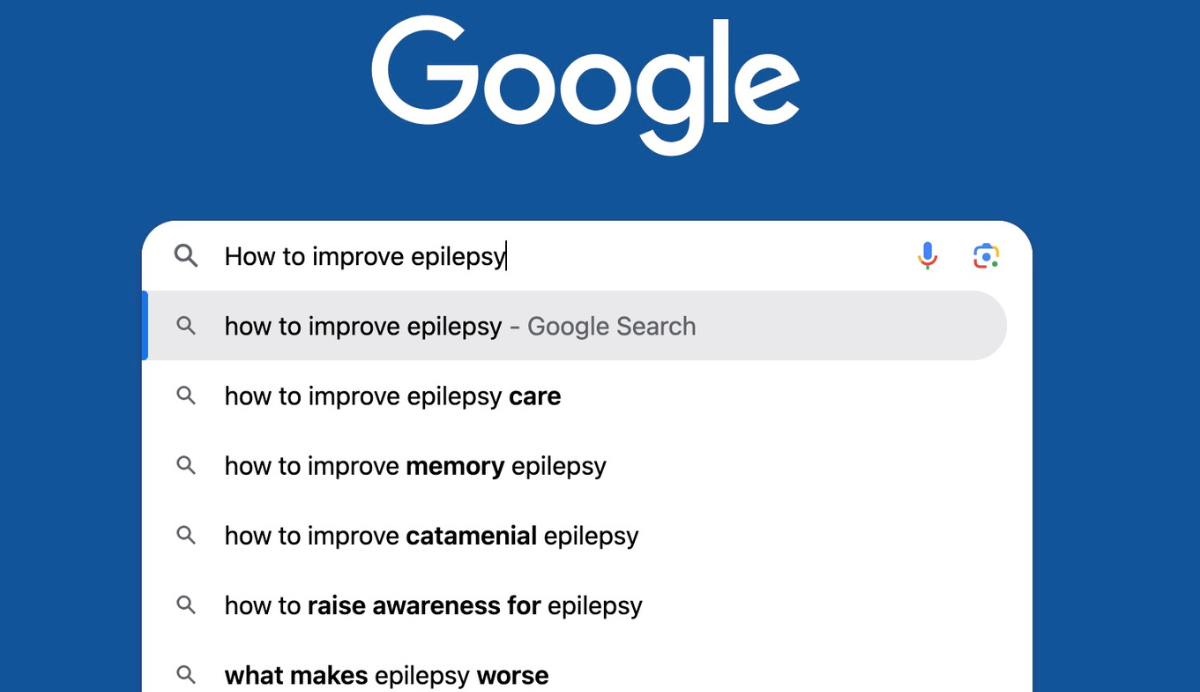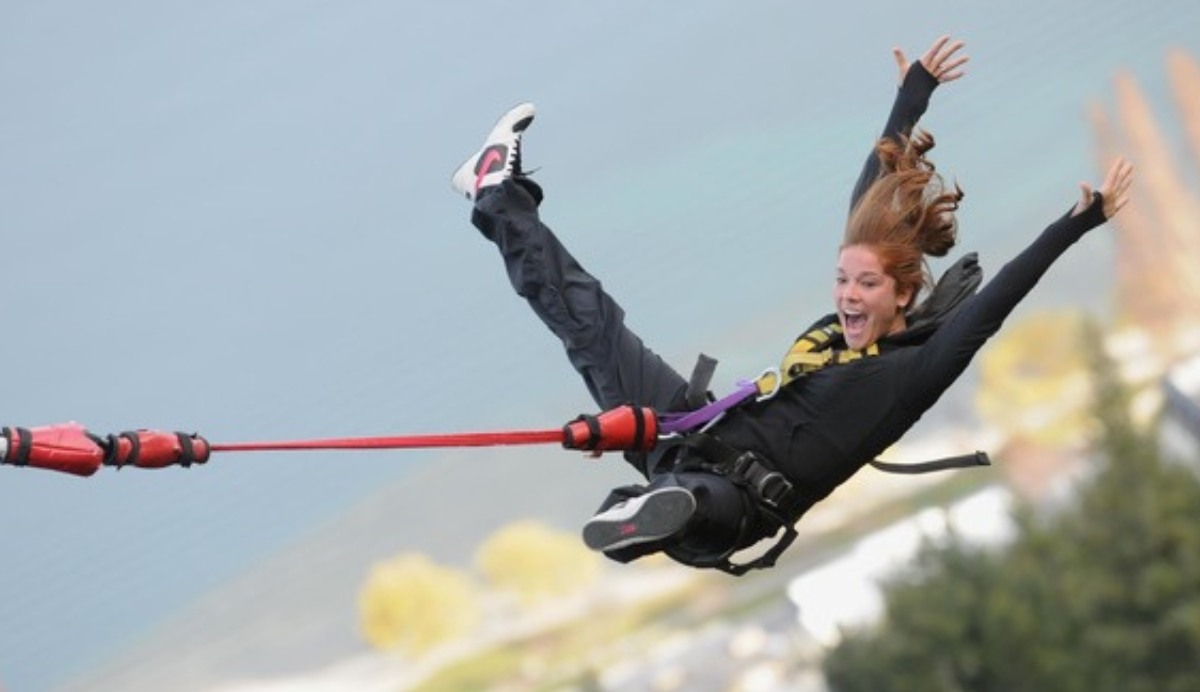Why did you choose to work at the Australian Epilepsy Project (AEP)?
I have a passion for learning and understanding neurological conditions and the AEP provided a unique opportunity to work in this field and interact with patients. Having the chance to work alongside top epilepsy researchers was an opportunity I couldn’t pass up.
What do you hope to achieve at the AEP?
I hope to see the AEP improve diagnosis and care for individuals who have epilepsy, and those for who have experienced their first seizure looking for answers. It would be fantastic to see our MRI scans readily available nationwide! Aside from just providing access to advanced MRI scans, it would be great to have more awareness around epilepsy – especially the different seizure types. As the AEP continues to grow, I hope we can continue to shine a light on epilepsy.
Proudest achievement? Why did this make you feel so proud?
Uprooting my life and moving to a new city to explore a new career prospect. It was a challenging decision to leave behind family and friends – but after coming out the other side, I couldn’t be happier with my decision. I have learnt so much in the field of medical science and have met many amazing individuals.
All-time favourite meal?
Hard to choose, anything with noodles or a medium-rare steak.
Current streaming recommendation?
Better Call Saul – it’s been a very easy watch. It’s shortly followed by Blue Eyed Samurai and Nathan for You (if you’re needing something more light-hearted).
Current book you are reading? Or coveting? Have you read this author before and/or how did you hear about this book?
Next book on the reading list is I Have No Mouth, and I Must Scream a science fiction novel by American writer, Harlan Ellison – it’s set against the backdrop of World War III, where a sentient supercomputer named AM, born from the merging of the world’s major defence computers, eradicates humanity except for five individuals. With the current rise of AI in our day-to-day lives, it’ll be interesting to read about it through the lens of a writer in the 1960s.
What advice would you give your 12-year-old self?
There are other jobs aside from a doctor that allow you to learn about the human body and help others. Medical research and translational health were areas I never would have considered at 12 – if I had this knowledge earlier, it would have allowed me to pursue other subjects in school I was more passionate about.
Who would you most like to meet, or have met? And why?
I would really like to meet food critic Matt Preston. I’m a big foodie, so I would love to hear his honest recommendations on where to eat around Australia! https://en.wikipedia.org/wiki/Matt_Preston
Finish the following sentences:
My ideal weekend involves…
Walking around the northern suburbs and trying out a new café that catches my eye. The weekend wouldn’t be complete however, without a trip to a wine bar, sharing a bottle and some delicious tapas with friends.
I believe the most important thing in life is…
Quality time with your friends and family – but also quality time with yourself. Life can be quite overwhelming and it’s easy to forget to give yourself a break. I think it’s important to nurture the things that you care about, and your own mental health.

Ask an Epilepsy Expert: What can I do to help my condition?

Ask an Epilepsy Expert: How is epilepsy diagnosed?


